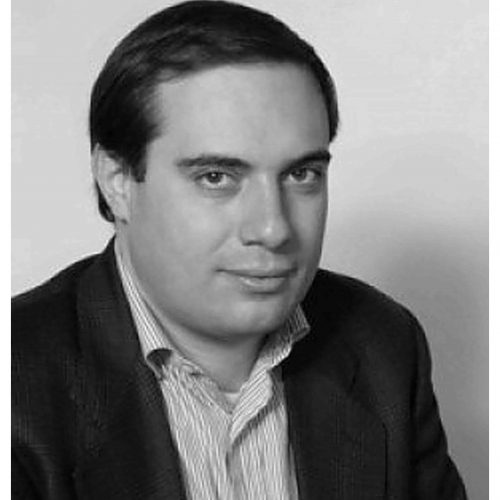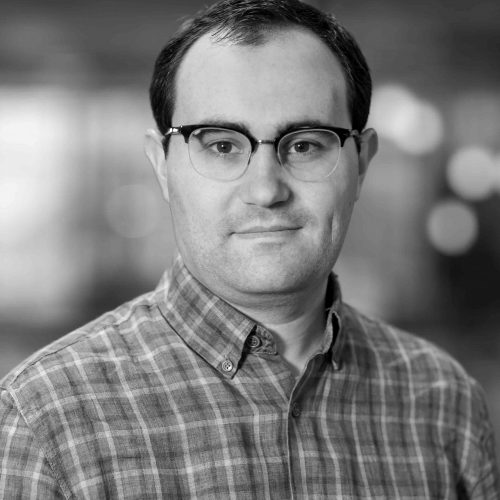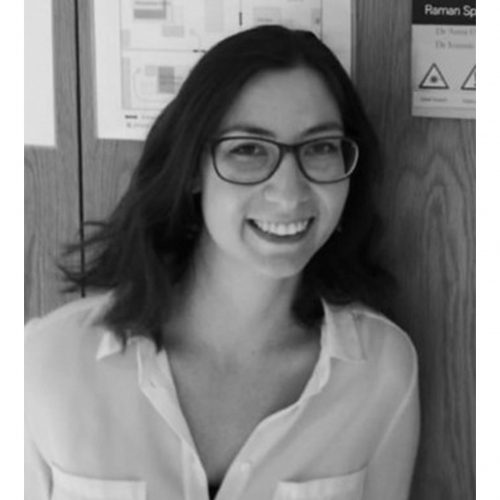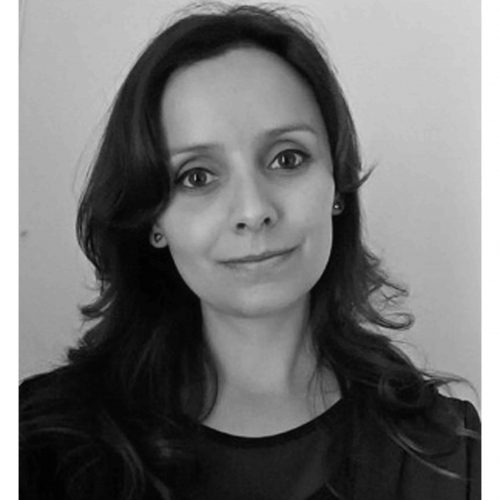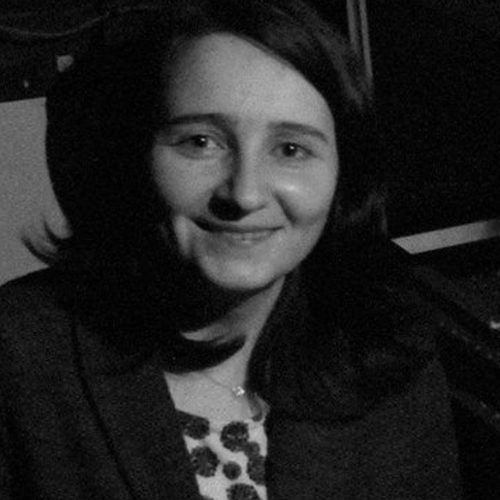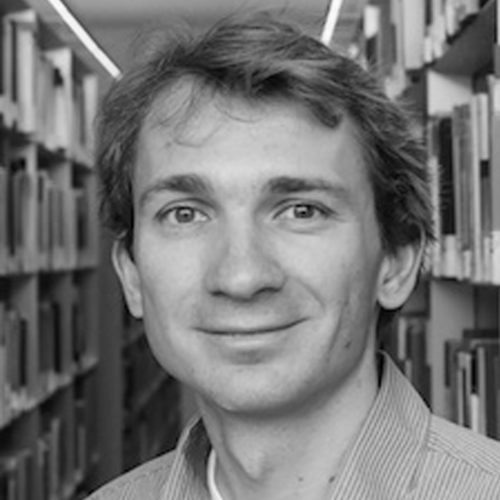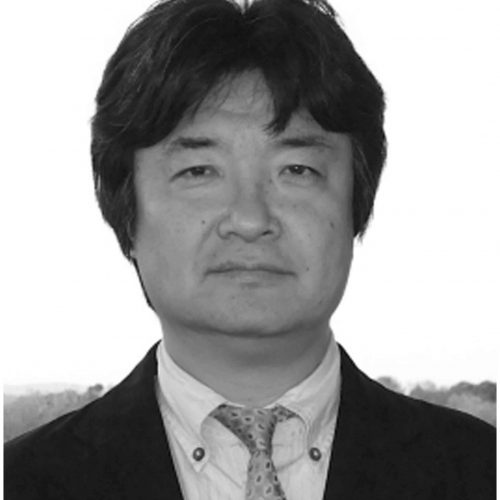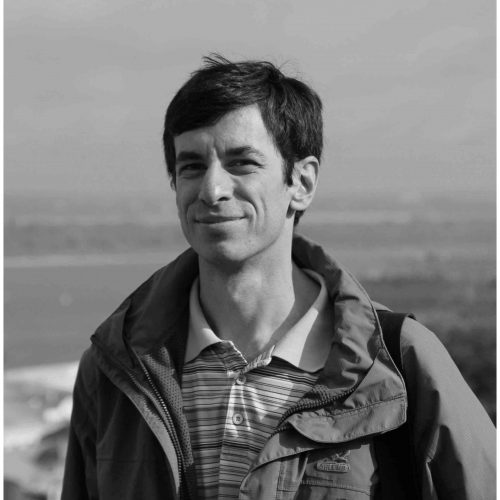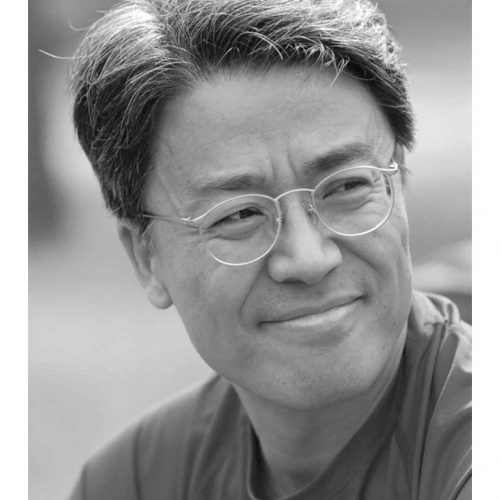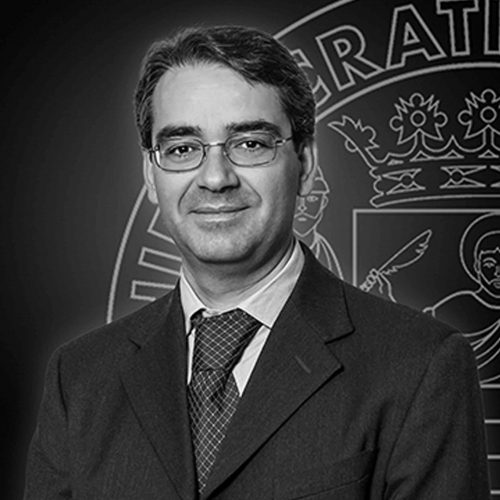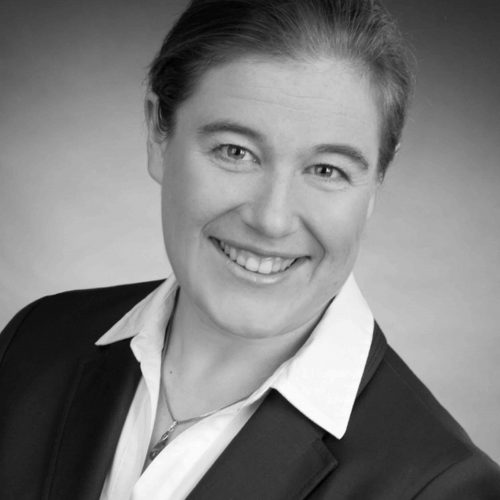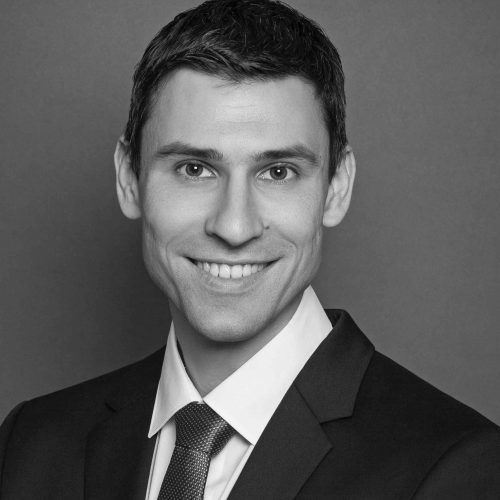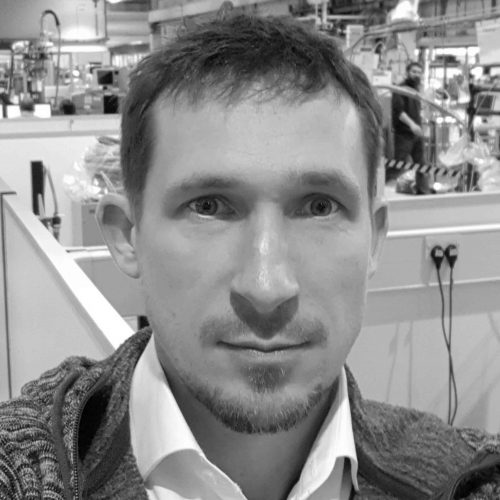in partnership with Exeter’s Centre for Graphene Science
10 December 2019; 13 December 2019
Chair: Prof. Anna Katharina Ott, University of Exeter
Graphene and other layered materials are some of the most interesting and versatile materials discovered in the last 20 years. Due to their unique and outstanding properties these materials have the potential to open up new markets and revolutionise current technologies in the field of sensors, flexibles and wearables, energy, composites and coatings, photonics and optoelectronics, electronics as well as biomedical applications.
Internationally-renowned experts will speak at this 2 day symposium to discuss and share their research and insights on graphene and related materials as well as the most critical challenges that need to be overcome to commercialise applications based on 2D materials. This symposium will cover the most recent advances in graphene and related materials research starting from materials fabrication, fundamental materials characterisation to applications.
